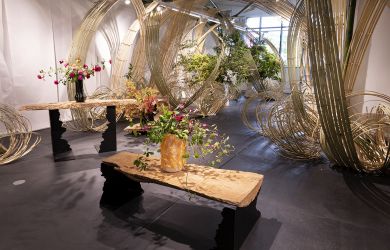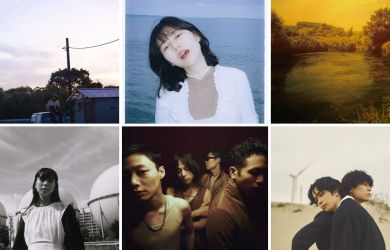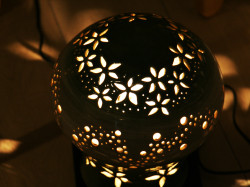
Originally published on metropolis.co.jp on November 2012

Autumn is busy for Japanese winemakers as grapes are harvested—often by hand—then crushed, fermented, and bottled. As the leaves turn red and the skies turn white, discover the reds and whites available in Japan’s growing wine industry.
The most famous Japanese varietal is Koshu, a lightly aromatic white-wine grape harvested in Yamanashi for over 1,000 years. These days, producers are promoting Koshu overseas, particularly to the European market. It’s a natural partner to vegetable dishes and lighter sashimi such as scallops, squid, and octopus. Yamanashi’s famous Grace Winery (www.grace-wine.com) has an approachable portfolio widely available in Tokyo.
Look to Hokkaido for cool-climate Germanic grapes, mostly white varietals. Kerner is touted for its refreshing bite and bright acidity. Coco Farm & Winery (www.cocowine.com) is a good place to get some. Another unique Hokkaido blend made from Gewürztraminer, Pinot Gris, Kerner, Pinot Noir, and Sylvaner varietals is Kurisawa Blanc from Nakazawa Vineyard. Aromatic on the palate, these wines can easily be enjoyed with white-fish sashimi, soft cheeses, and salads.
The cooler summers in Yamagata and Nagano are ideal for other grapes. Takeda Winery (www.takeda-wine.co.jp) in Yamagata produces both still and sparkling Muscat Bailey A, a fruity red. Look to Nagano for Merlot, sometimes blended with Muscat Bailey A, and well paired with miso-based or meat dishes.

Buy your bottles at Cave de Relax (1-6-11 Nishi-Shinbashi, Minato-ku; http://caverelax.com) in Nishi-Shimbashi. The owner, Naito, has an unbridled enthusiasm and his shop offers an affordable collection from Japan and around the world. To try before you buy, Wine Bar WA (3-42-5 Jingumae, Shibuya-ku; Tel: 03-5770-3237) has a Japan map as a menu.
Bistro & Bar Yurakucho Wine Club (B1, 1-7-1 Yurakucho, Chiyoda-ku; Tel: 03-6269-9231), adjacent to Cave de Relax Petit—a small branch of the retail store—is tachinomi, bistro, and store rolled into one. Drink by the glass there and then buy some labels to take home, or buy a bottle first and open it in the restaurant for a corkage fee (¥980 standing/¥1,500 seating). Same goes at Jip Wine (Shinjuku 2-7-1, Shinjuku-ku; http://jipwine.com; corkage fee ¥1,500), where the culinary use of wine in their dishes provides an intriguing take on Japanese cuisine.





